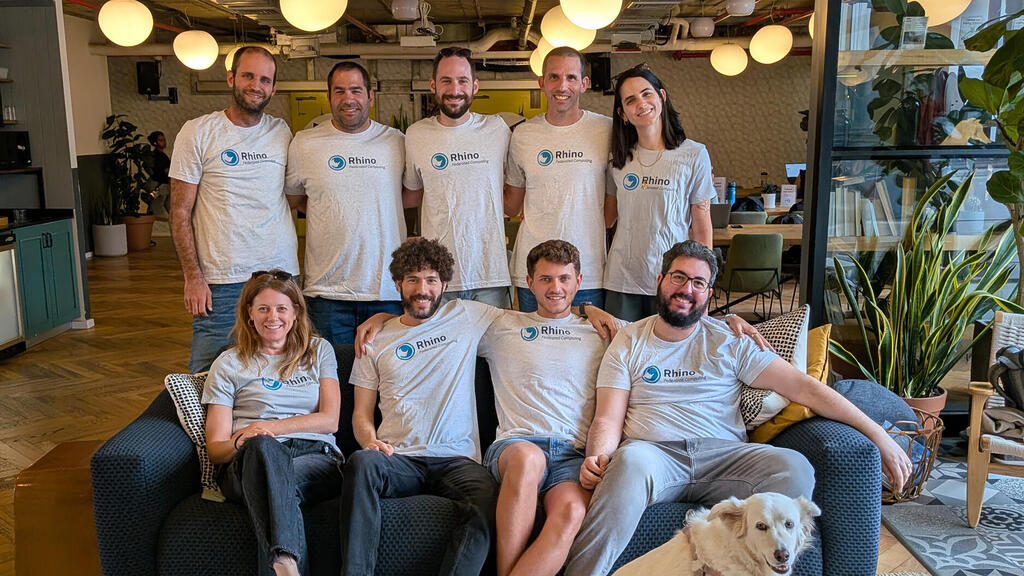
Rhino Federated Computing raises $15M Series A to power AI without sharing data
The startup bets on federated AI as the key to innovation in health, finance, and biopharma.
Rhino Federated Computing, a startup building AI collaboration tools for regulated industries, has raised a $15 million Series A funding round to expand its enterprise-grade federated AI platform. The round was led by AlleyCorp, with participation from returning investors LionBird, Fusion Fund, Arkin Digital Health, Qiming Venture Partners USA, Telus Global Ventures, and Keren Maccabi, along with new backers Wilson’s Bird Capital, Frank Sica, and Gaingels. It brings the company’s total funding to over $30 million.
Founded in 2020 by Dr. Ittai Dayan, a former AI leader at Mass General Brigham and researcher at Harvard Medical School, and serial entrepreneur Yuval Baror, Rhino is focused on a foundational problem in the AI era: how to unlock the value of sensitive, proprietary data without compromising privacy or running afoul of regulation.
“Federated AI is the future of innovation in regulated industries,” said Dayan. “We’re helping organizations unlock the power of their data, not in isolation, but as part of an interconnected, secure network. This investment allows us to accelerate that mission and expand the reach of our platform.”
Unlike traditional data-sharing models, federated AI enables multiple institutions to build and train AI models collaboratively without ever moving or centralizing the underlying data. Rhino’s technology stack is designed to operate across jurisdictions and institutional boundaries, making it particularly well-suited for sectors like healthcare, biopharma, and financial services, industries that face complex data protection requirements and risk-sensitive operating environments.
Rhino’s platform is already in use across several high-profile initiatives. These include a biopharmaceutical consortium building generative AI models for biologics engineering, a collaboration with Sheba Medical Center to create federated data infrastructure for hospitals, and a joint effort with Google and Swift to prevent financial fraud using distributed AI systems.
The funding comes as large AI platforms, such as those operated by Google and OpenAI, increasingly drive interest, and concern, over data access and control. In highly regulated fields, concerns over compliance, patient privacy, and intellectual property protection have made it difficult for companies to fully embrace centralized AI models. Rhino’s pitch is that federated learning offers an alternative that aligns with both regulatory realities and the need for scale.
Rhino employs around 20 people in total, including 10 in Israel.















